As he turns 50, filmmaker Pini Schatz sets out to explore his life-long obsession with the band Sparks (the brothers Ron and Russell Mael). Pini charts the impact of Sparks on his life while meeting with fellow Sparks fans, among them famous musicians, in Tel Aviv, London, Berlin, Rotterdam and NYC. Structured as a personal quest of the filmmaker to prove that Sparks are the coolest underrated band in the history of popular music, this docu-comedy explores the universal themes of growing old and being an outsider, the importance of art in daily life and the power of non-conformism.
Related Movies

I ragazzi dello Zecchino d’Oro (2019)
We are in the mid-60s, when a very young Mariele Ventre gave birth to the very first formation of the Piccolo Coro, originally composed of only eight children. In a few years the Piccolo Coro becomes a real school of choral singing. In its 56 years of history, there have been hundreds of small voices that have brought the music of Zecchino d’Oro and its repertoire around Italy and the world.
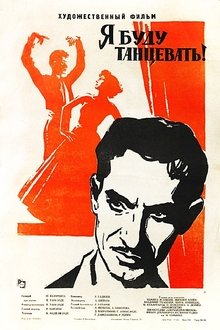
The Labour and Rose (1962)
The film is about famous Chechen ballet and folk dancer Mahmud Essembayev's life.

Freiheit, Freiheit, Wirklichkeit (2016)
In search of the reality of life for independent musicians in the digital age, the film and art collective "relativ kollektiv" spent over a year accompanying the protagonists of the label and network "Analogsoul" in Leipzig, Berlin, Erfurt, and Jena. The film introduces the musicians in their everyday environments: in rehearsal rooms, during field recordings, at concerts, but also at their "day jobs." Directors André Klar and Benjamin Büttner discover situations between dedication and resignation and shed light on the everyday questions of people whose lives are based on their passion.

Martha Graham: The Dancer Revealed (1994)
Released on DVD as part of The Criterion Collection's "Martha Graham: Dance on Film" collection.
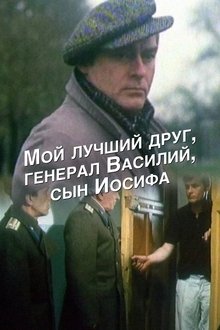
My Best Friend, General Vasili, the Son of Joseph Stalin (1991)
Based on a true story of a sport star Bobrov, who happened to become befriended by Vasili, the son of Stalin.
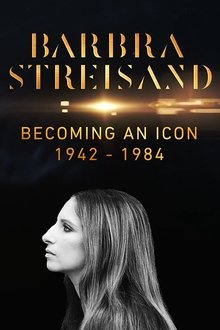
Barbra Streisand: Becoming an Icon 1942–1984 (2017)
Barbra Streisand grew up in working class Brooklyn, dreaming of escape from her tough childhood. A stellar student, she resisted the pressure to go to college as her sights were firmly set on Broadway. She was determined to become an actress and landed her first role aged 16, but it was two years later, when she started to sing, that her career took off. Subverting stereotypes and breaking glass ceilings, this programme looks at her rise to stardom and the remarkable achievements of her early career.
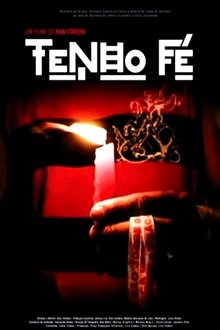
Tenho Fé (2022)
This documentary accompanies the journey of artists who exalt and celebrate ancestry and the orishas in their work. It also offers a manifesto against one of the biggest problems facing Brazil: religious racism. The feature brings together stories from music, theater, fashion, dance and the visual arts to promote reflection on the power and importance of black representation, art and diversity
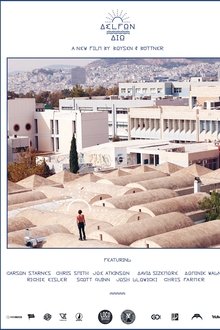
Delfon Dio (2017)
After touring Scandinavia and Germany last year, the Cayenne crew invites you to join them on their trip to Athens! Carson Starnes, Chris Smith, David Sizemore, Richie Eisler, Scott Quinn, Josh Glowicki, and Chris Farmer welcome Dominik Wagner and Joe Atkinson to the family for three incredible weeks of skating, traveling, and kicking it with the boys!
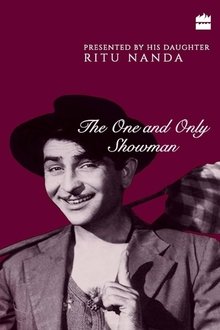
Raj Kapoor - The Showman of Indian Cinema (1987)
Raj Kapoor, the film maker and actor became a legend in his lifetime. Head of one of the last great studios on the Indian sub-continent and creator of a film-making empire for nearly half a century. Woven into the texture of this 70-minute film, part personal narrative, part rare visuals, part cinema footage, is the picture of a man who straddled the Indian cinematic world for nearly half a century like a colossus.
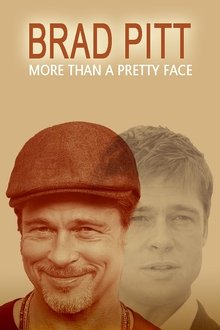
Brad Pitt: More Than a Pretty Face (2022)
Brad Pitt is a singular actor in Hollywood's glamorous world, breaking through his "playboy image" and embodying American cinema's renewal. At the beginning there was a humble Midwestern aware of being a smokescreen for the illusions of his time, who has managed to keep control of his image to better serve the most talented directors of our time. To name but a few: David Fincher, Quentin Tarantino, the Coen brothers, Terrence Malick, James Gray and soon Damien Chazelle. This documentary dives into the brain of a complex, brilliant and endearing personality, far from the cliché of a world-famous movie icon to discover the hidden side of the most handsome man in the world.
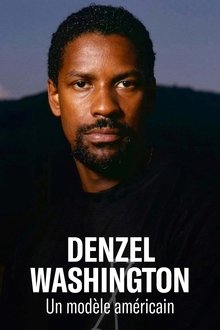
Denzel Washington: A Model American (2022)
In 30 years of a deeply committed career and 50 roles, Denzel Washington, double-Oscar winner, placed the figure of the Black man in all its complexity at the heart of the American paradoxes: from Black activist, rebel soldier to gangster torn between violence and charity. Voted best actor of the 21st century by the New York Times a few months ago, Denzel Washington, 65, has risen to the top of American cinema. As an Actor, director and producer, he has shaken up a "color line" as immutable as it is subtle. Often identified with his characters, he reveals himself to be disconcerting and paradoxical. As if he were holding up a mirror to America in which all of its contradictions and failings were reflected. A documentary that chronicles the extraordinary career of the world-renowned African-American actor.
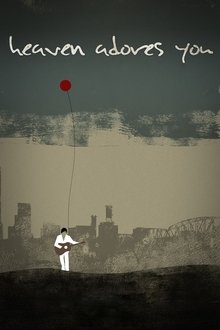
Heaven Adores You (2014)
Heaven Adores You is an intimate, meditative inquiry into the life and music of Elliott Smith. By threading the music of Elliott Smith through the dense, yet often isolating landscapes of the three major cities he lived in -- Portland, New York City, Los Angeles -- Heaven Adores You presents a visual journey and an earnest review of the singer's prolific songwriting and the impact it continues to have on fans, friends, and fellow musicians.

El Noa Noa (1981)
Juan Gabriel became one of the most popular Mexican singer-songwriters, beginning his career in this Ciudad Juárez cabaret. This is his story.
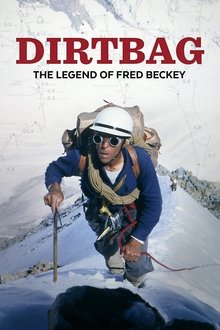
Dirtbag: The Legend of Fred Beckey (2017)
Fred Beckey is the legendary American "Dirtbag" mountaineer whose name is spoken in hushed tones around campfires. This rebel climber's pioneering ascents and lifestyle form an iconic legacy that continues to inspire generations.

Verstörung - und eine Art von Poesie. Die Filmlegende Bernhard Wicki (2007)
Documentary about film director and actor Bernhard Wicki.

Modern Life (2008)
For ten years, Raymond Depardon has followed the lives of farmer living in the mountain ranges. He allows us to enter their farms with astounding naturalness. This moving film speaks, with great serenity, of our roots and of the future of the people who work on the land. This the last part of Depardon's triptych "Profils paysans" about what it is like to be a farmer today in an isolated highland area in France. "La vie moderne" examines what has become of the persons he has followed for ten years, while featuring younger people who try to farm or raise cattle or poultry, come hell or high water.
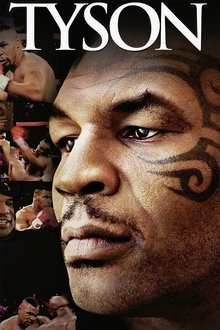
Tyson (2008)
Director James Toback takes an unflinching, uncompromising look at the life of Mike Tyson--almost solely from the perspective of the man himself. TYSON alternates between the controversial boxer addressing the camera and shots of the champion's fights to create an arresting picture of the man.
